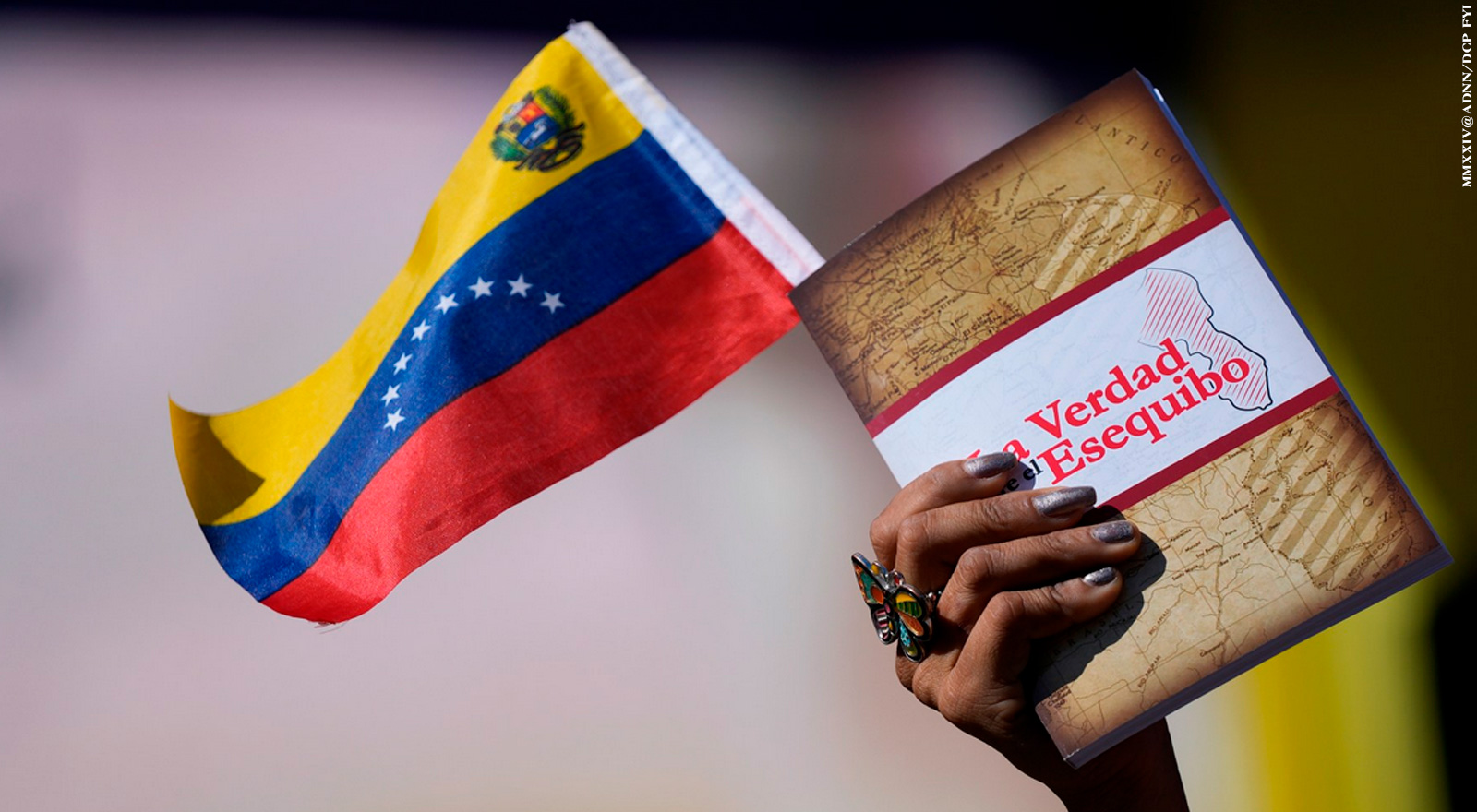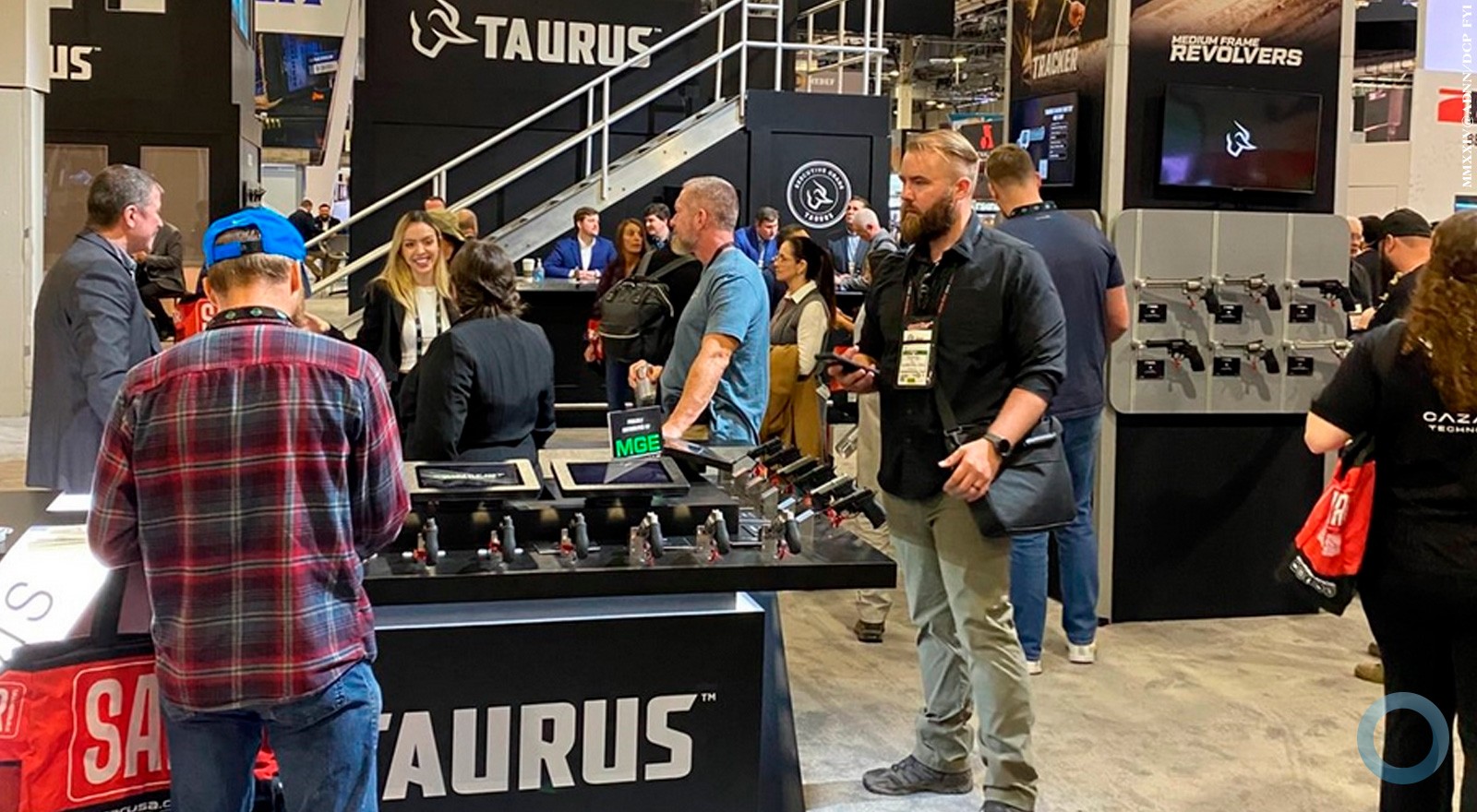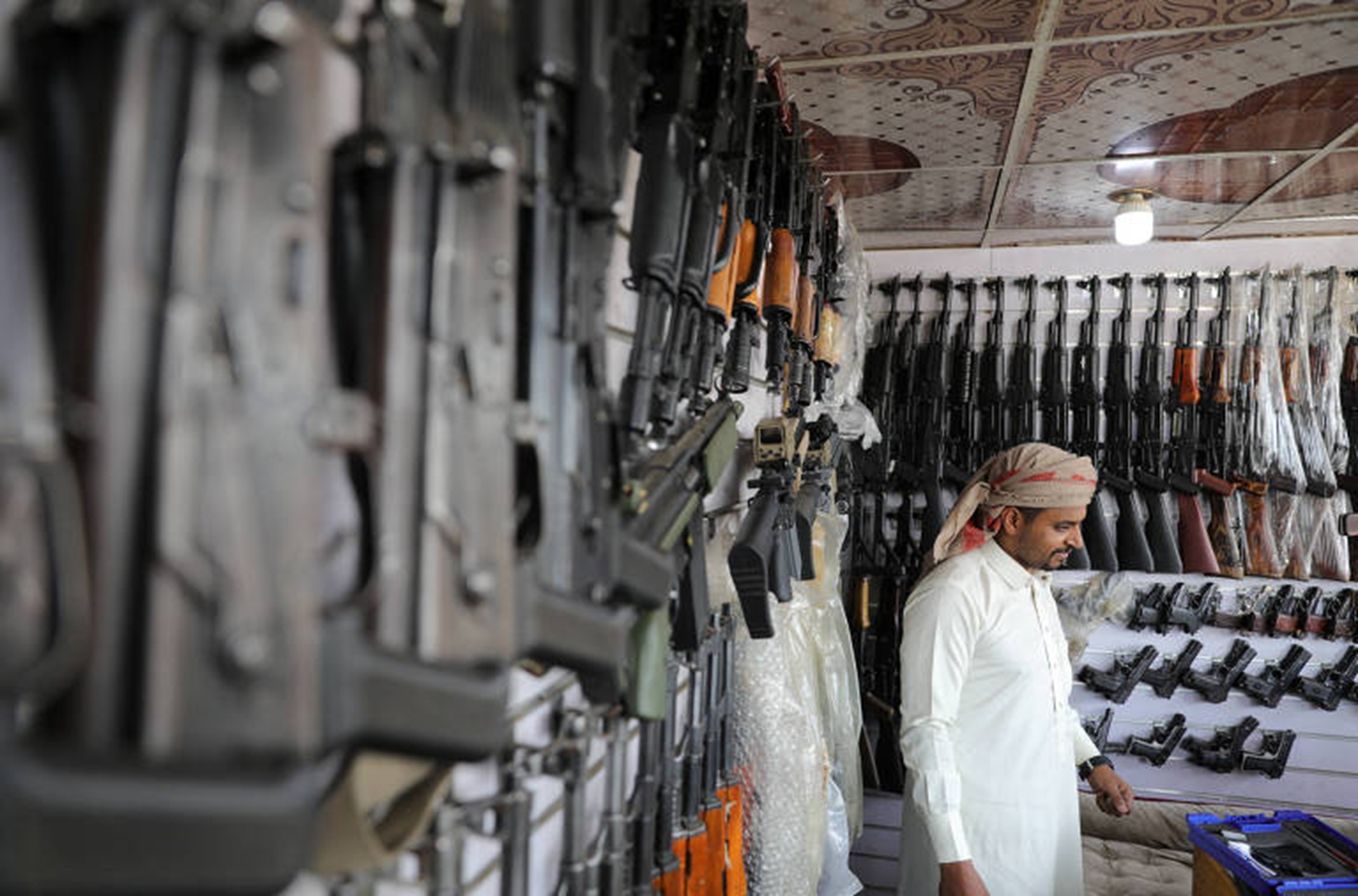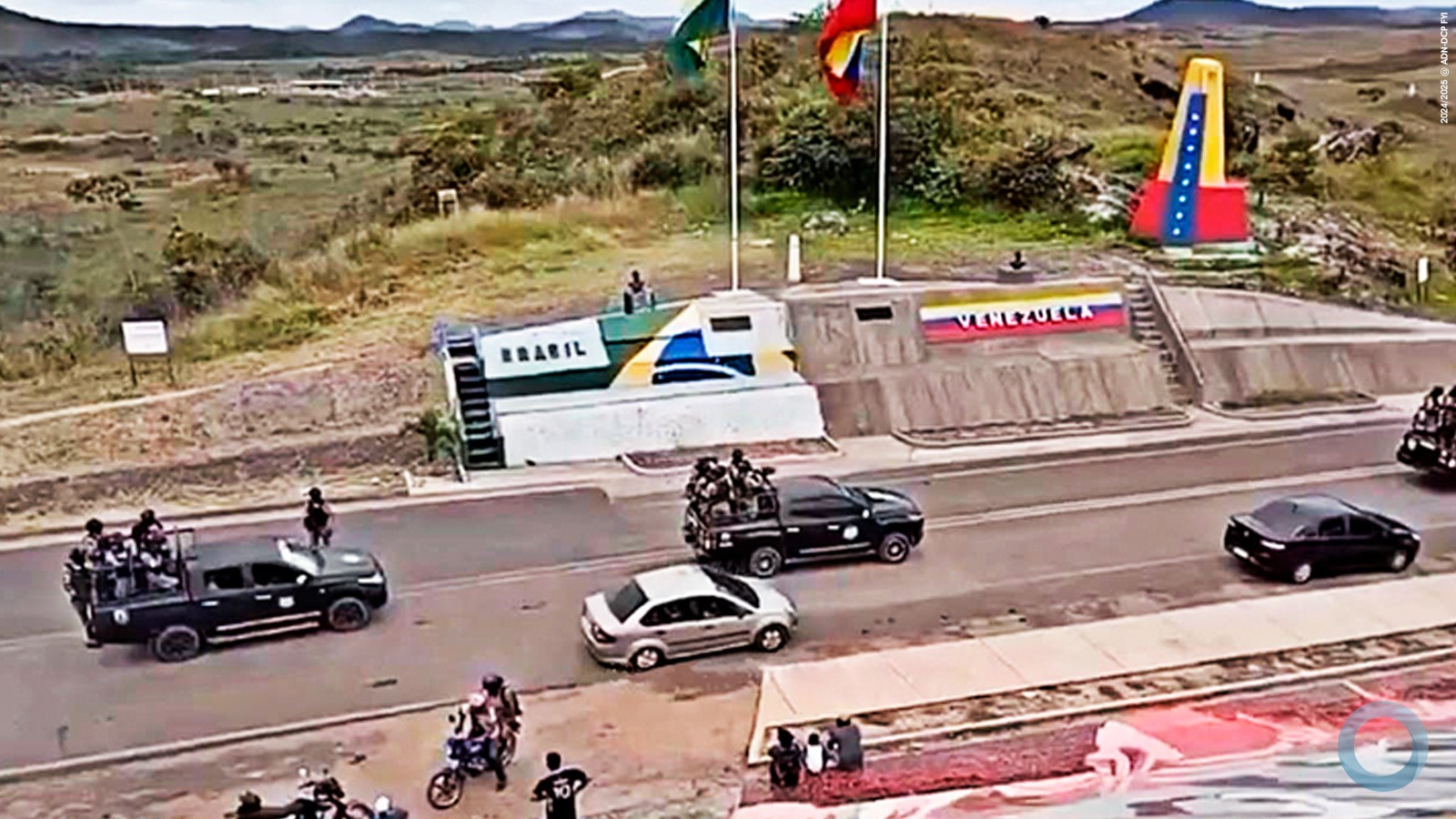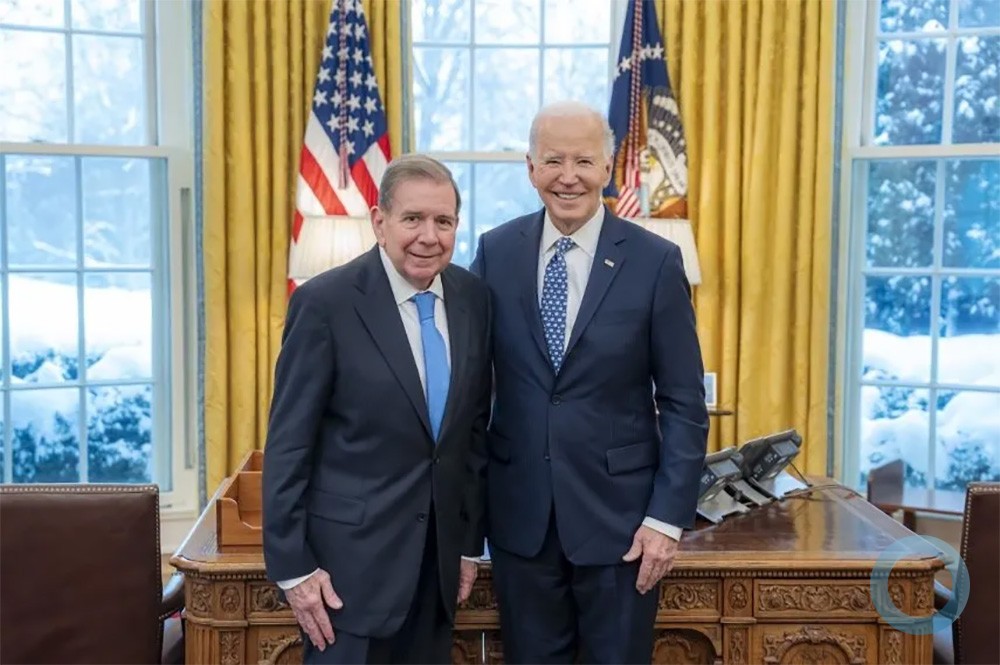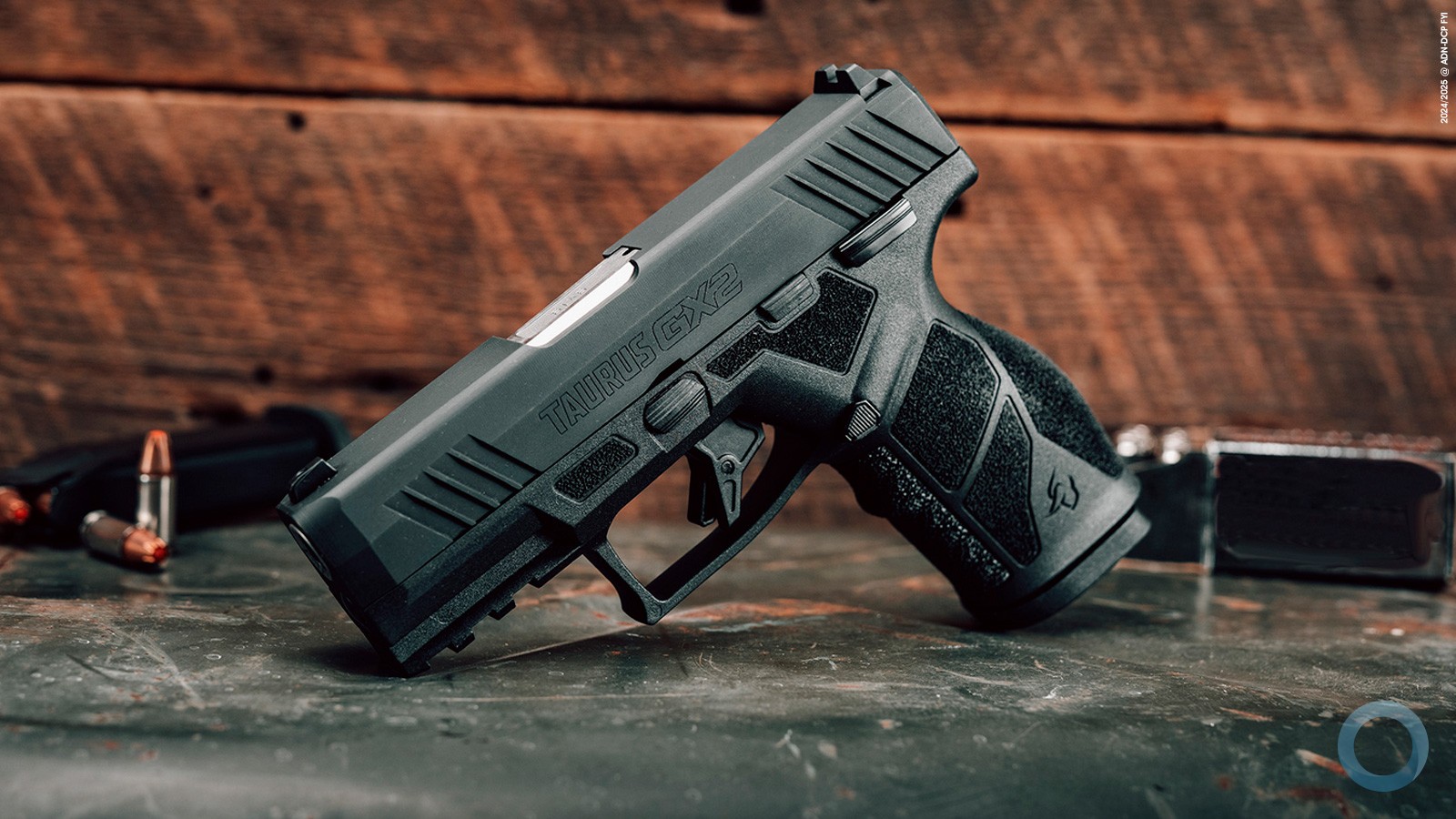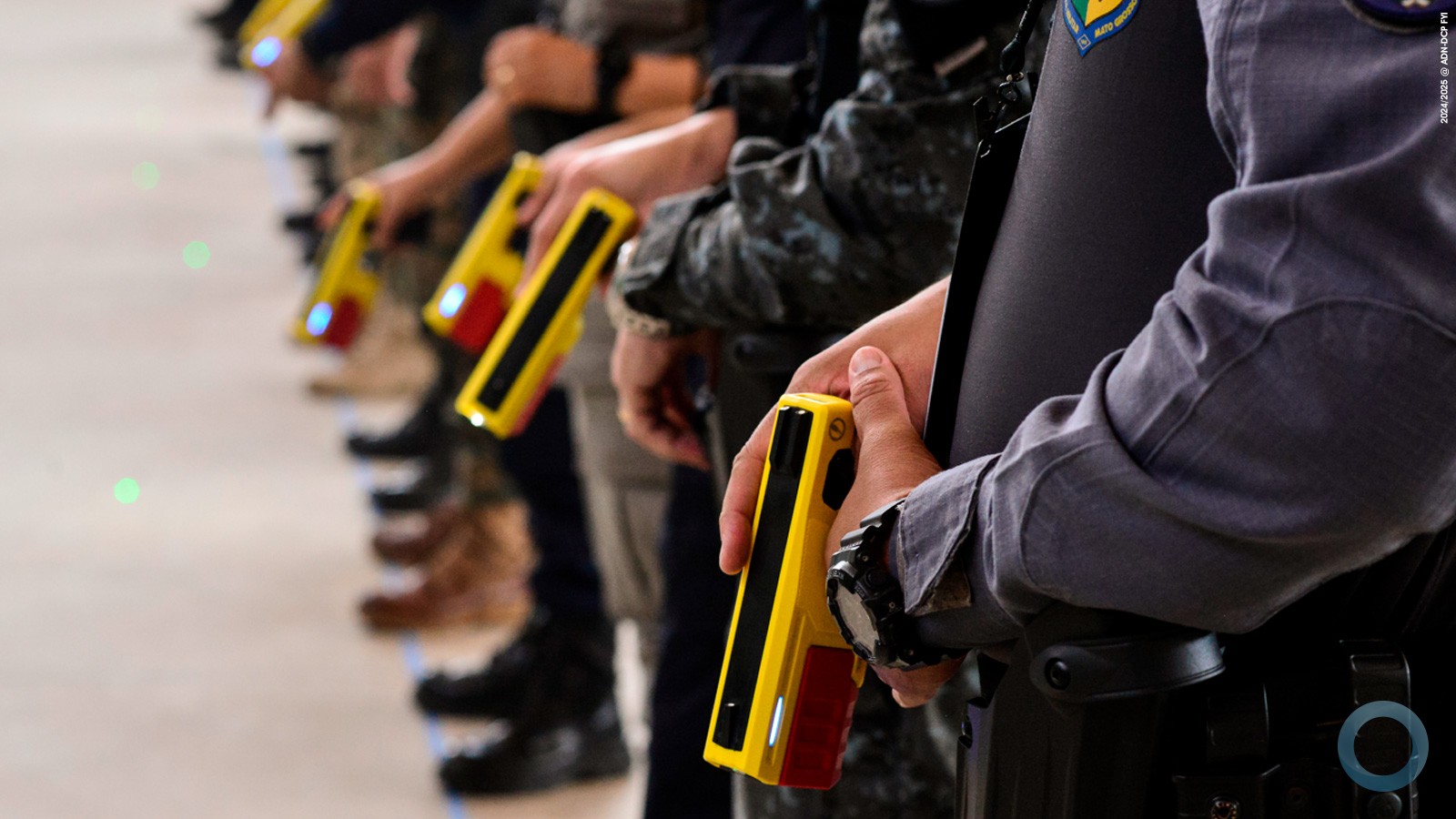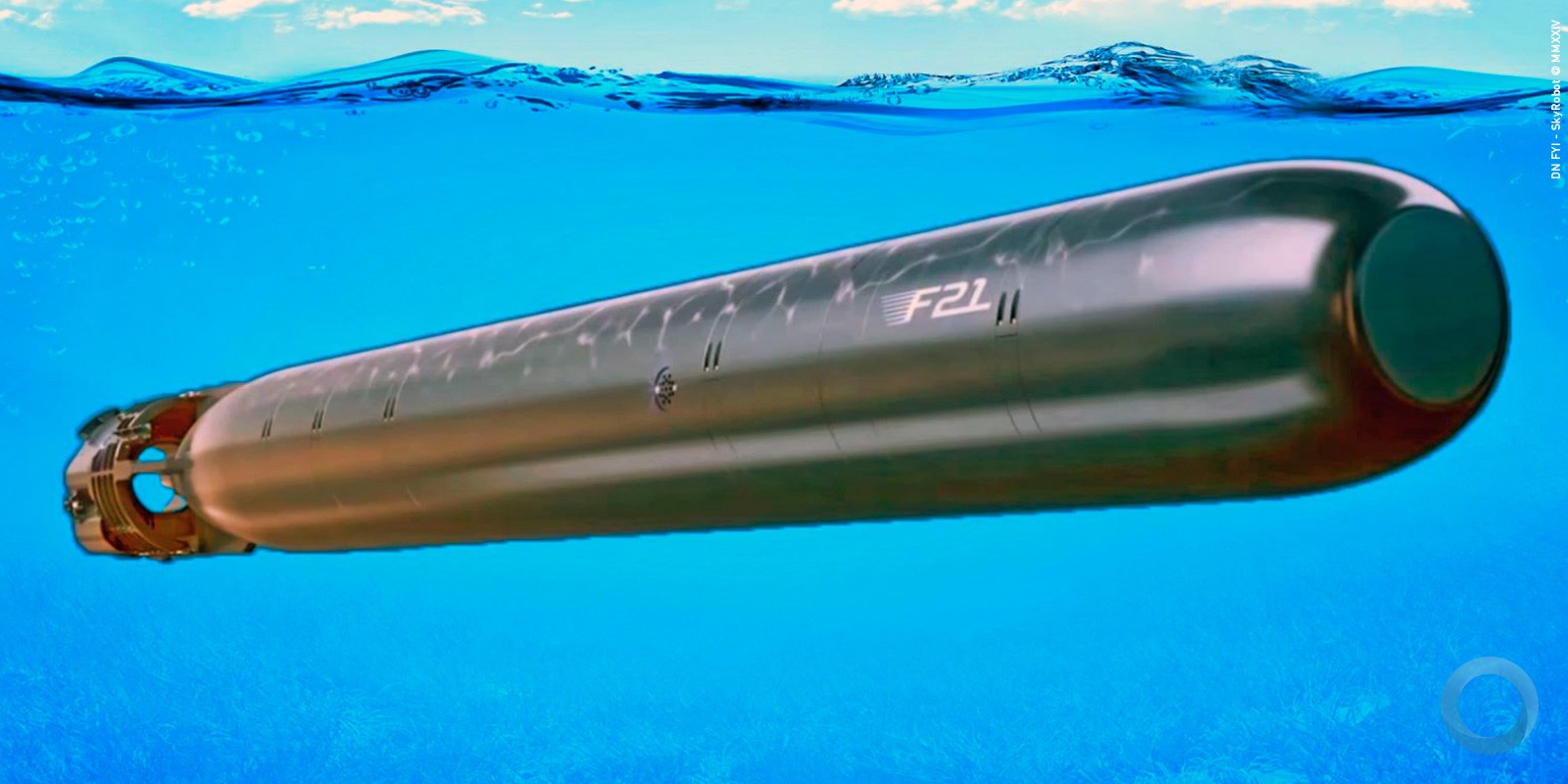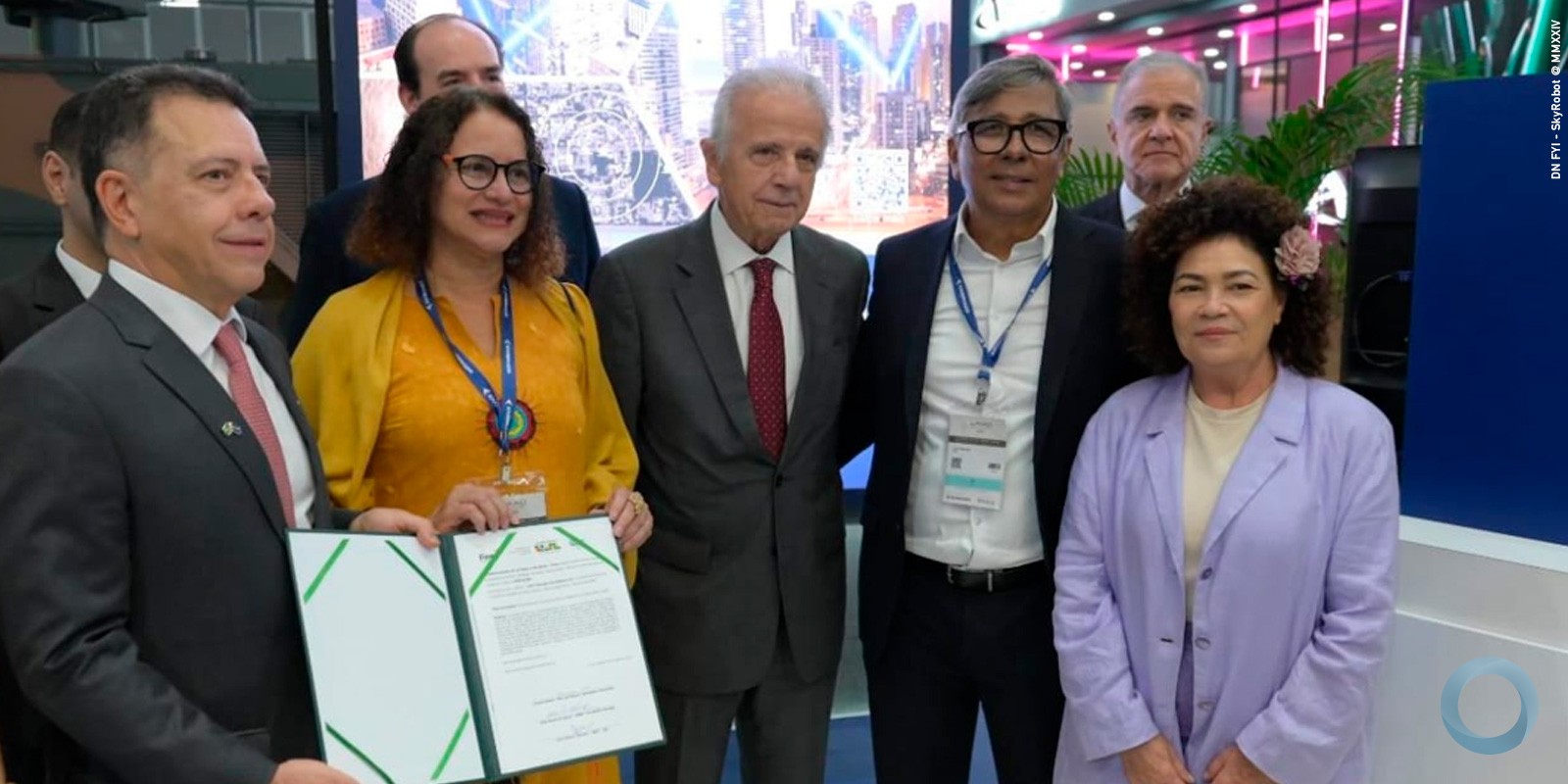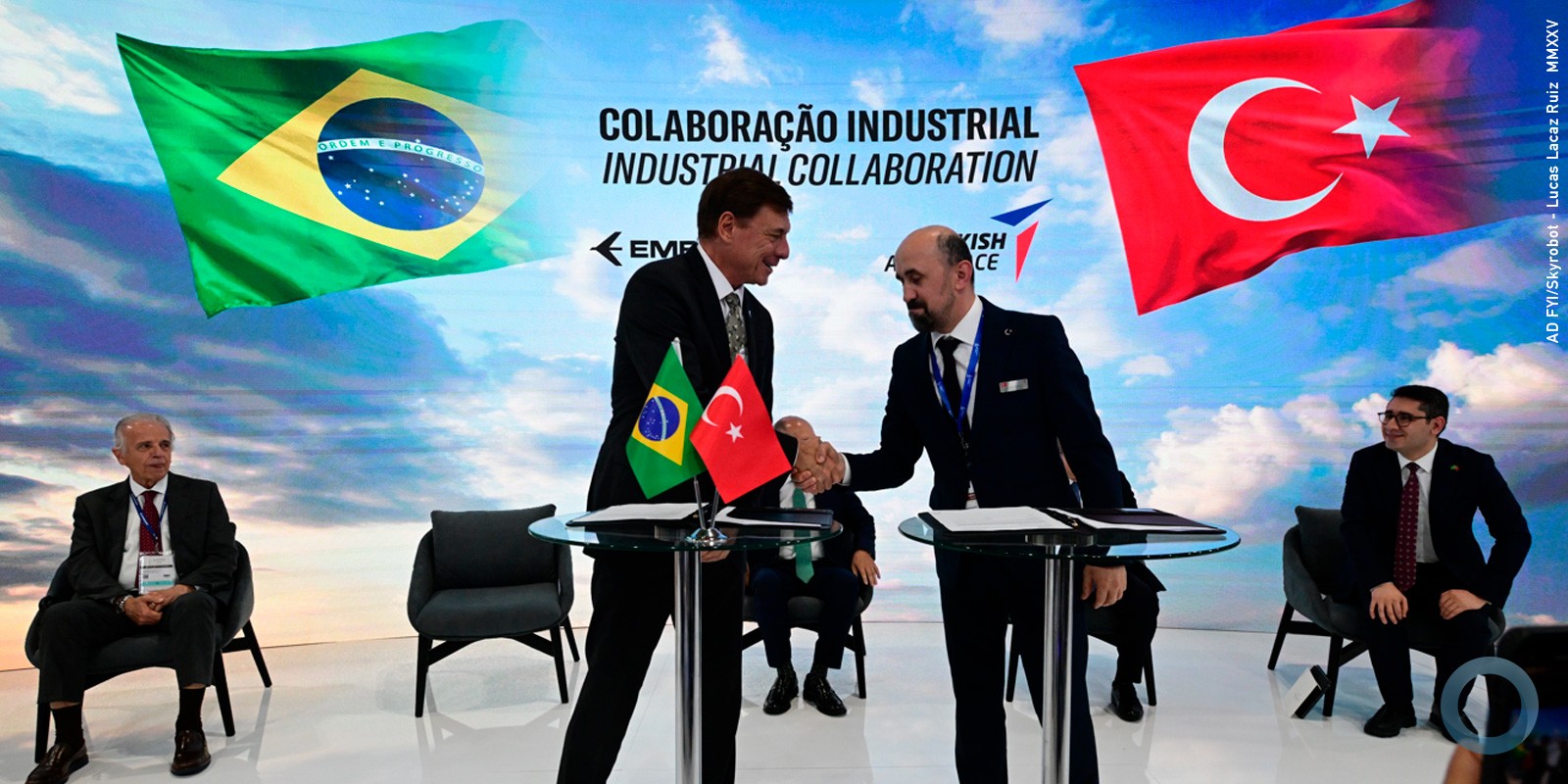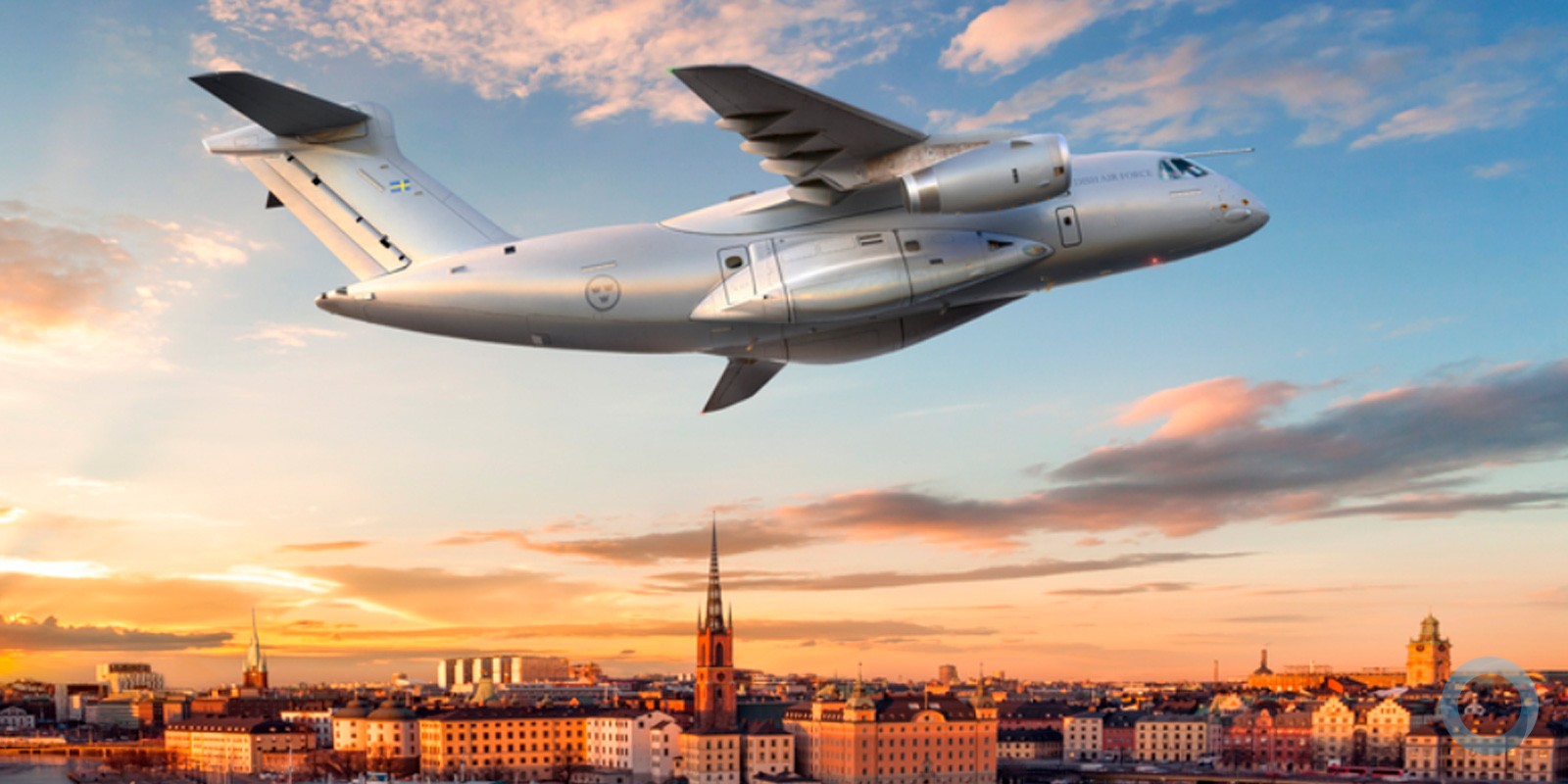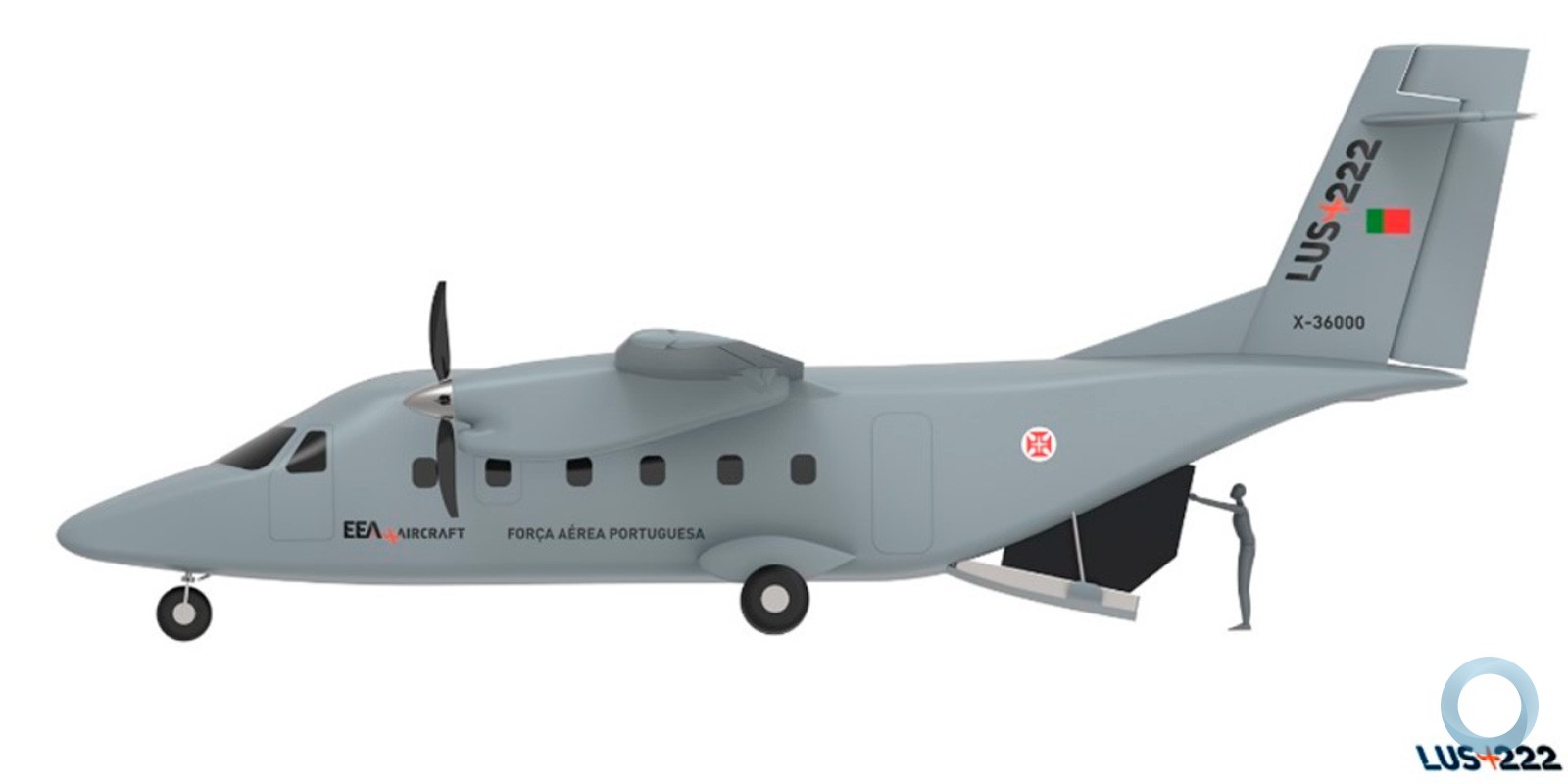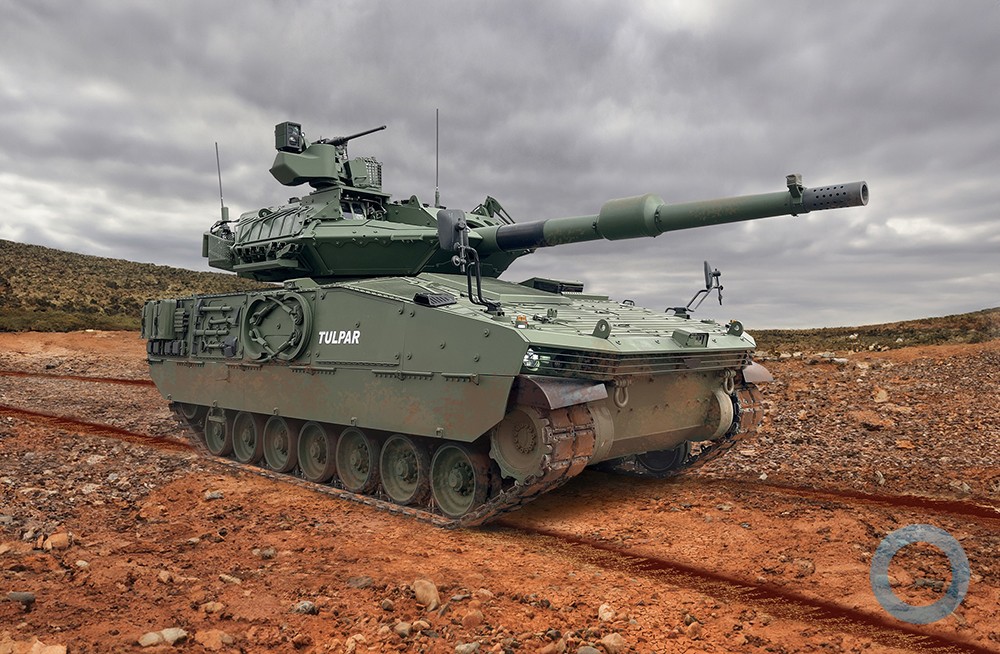By The Editorial Board
The editorial board represents the opinions of the board, its editor and the publisher. It is separate from the newsroom and the Op-Ed section.
Website Sept. 11, 2018 / Printed Editon Sept 12 , 2018
America shouldn’t be in the coup business. Period.
It’s a relief, then, to learn that the Trump administration chose not to aid rebellious leaders in Venezuela seeking to overthrow President Nicolás Maduro. But it’s worrisome to think that President Trump and his advisers made the right call for the wrong reason — lack of confidence in the plotters to succeed in a risky operation rather than principled concern about intervention.
There’s no doubt Mr. Maduro is an illegitimately elected leader driving his country to a catastrophic political, economic and societal meltdown. American officials discussed the possibility of helping overthrow Mr. Maduro in three meetings over the last year with rebellious leaders, who had initiated the contact, The Times reported this past weekend.
Given the turmoil in Venezuela, it is not unreasonable for American diplomats to meet with all factions, including mutinous military officers, to learn their thinking. For instance, who would be in charge in a political transition process? What kind of government do they aim for?
But holding multiple meetings with the plotters begins to look like collaboration. The news was bound to leak out, as it has.
And the rebellious commanders had reasons to hope that the Americans might be sympathetic. Mr. Trump last year declared that the United States had a “military option” for Venezuela. Senator Marco Rubio, Republican of Florida, also hinted he favored military action. In a series of tweets, he encouraged dissident members of the armed forces to oust their commander in chief.
Yet if Mr. Trump is in fact tempted to intervene, or act militarily — as past comments suggest — he should contemplate the sorrowful history of American intervention in Latin America and its more recent history of trying to interfere elsewhere to depose dictators and install democracies.
For much of the past century, the United States compiled a sordid history in Latin America, using force and cunning to install and support military regimes and other brutal thugs with little interest in democracy.
Gunboat diplomacy in the early 20th century saw American Marines invading Cuba, Honduras, Mexico, Nicaragua and elsewhere to set up governments of Washington’s choosing.
During the Cold War, the C.I.A. orchestrated the overthrow of Guatemala’s elected president, Jacobo Árbenz, in 1954; the 1961 Bay of Pigs invasion in Cuba; and the 1964 coup in Brazil. It also helped create the conditions for the 1973 coup in which a military junta overthrew Chile’s democratically elected president, Salvador Allende.
In later years, the United States backed the contra rebels against the Sandinista revolution in Nicaragua (1980s), invaded Grenada (1983) and supported brutal, repressive governments in Guatemala, El Salvador and Honduras.
A vanishing few of these interventions came to anything that could be considered a good end.
Here’s the right way to put pressure on Venezuela’s regime: Mr. Trump and other leaders need to keep trying to encourage a transition deal by tightening targeted sanctions on Mr. Maduro and his cronies who undergird an autocratic, corrupt system. Cuba, which is dependent on Venezuela for oil and has close relations with Mr. Maduro, should be encouraged to use its leverage. Mr. Trump and other leaders also need to coordinate and expand assistance for Venezuela’s suffering people.
? [#VIDEO] Tras la solicitud del New York Times a Trump de no interferir en Venezuela, un ciudadano venezolano se desnudó en las puertas del medio para solicitar apoyo para el país y su pueblo https://t.co/HmH9MPqJGG pic.twitter.com/iGet0Bfkdg
— NTN24 Venezuela (@NTN24ve) 14 de setembro de 2018
<script async src="https://platform.twitter.com/widgets.js" charset="utf-8"></script>
It’s heartening that the White House sent a diplomat to the meetings, rather than a C.I.A. officer, which would have been a more incendiary signal. Clearly a diplomatic path is better than having the United States meddle in yet another country, an enterprise certain to fail miserably.
But given Mr. Trump’s decision to reimpose some sanctions on Cuba, his hard line on Nafta and his antipathy to multilateral endeavors, he doesn’t have a lot of credibility or good will to work with as the region seeks an end to Venezuela’s nightmare.
Which is cause for concern because there’s no disputing that Mr. Maduro and his socialist vision have been a disaster for Venezuela and the region. Mr. Maduro needs to step down. The country was once among Latin America’s most prosperous nations, and it has the world’s largest proven oil reserves. But after two decades of socialist rule and vast corruption, the economy has collapsed and annual inflation may run as high as 1 million percent this year, according to the International Monetary Fund. Food staples and basic medicine are increasingly difficult to obtain. The humanitarian crisis has caused hundreds of thousands of Venezuelans to flee to Colombia, Ecuador, Peru and other neighboring countries.
As a result, although democracy has spread to most governments in Latin America over the past quarter-century, few people or leaders in the region would protest if Mr. Maduro were forced out.
Even so, American involvement in his ouster would inflame old regional resentments and suspicions toward Washington. News of the American meetings with the coup plotters has already been a propaganda boon for Mr. Maduro, providing fuel for his longstanding preposterous attempts to blame the United States for Venezuela’s problems.
It’s difficult to be optimistic about Venezuela, which many experts predict will collapse into anarchy. Still, backing a coup would also make it harder for Americans to advocate credibly on behalf of democracy around the world, an effort that is already compromised by President Trump’s own trampling of democratic norms at home, and his enthusiasm for foreign tyrants.






